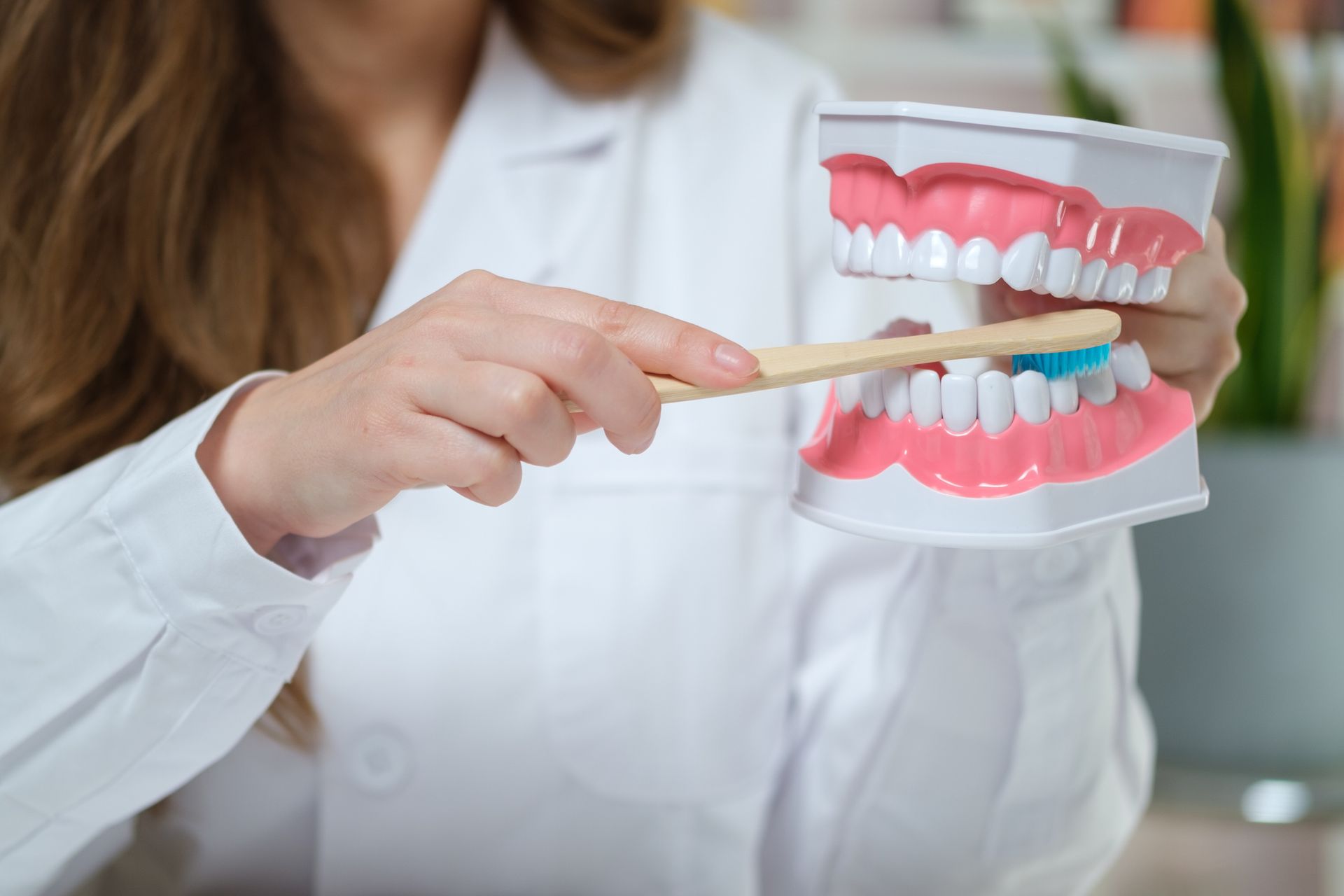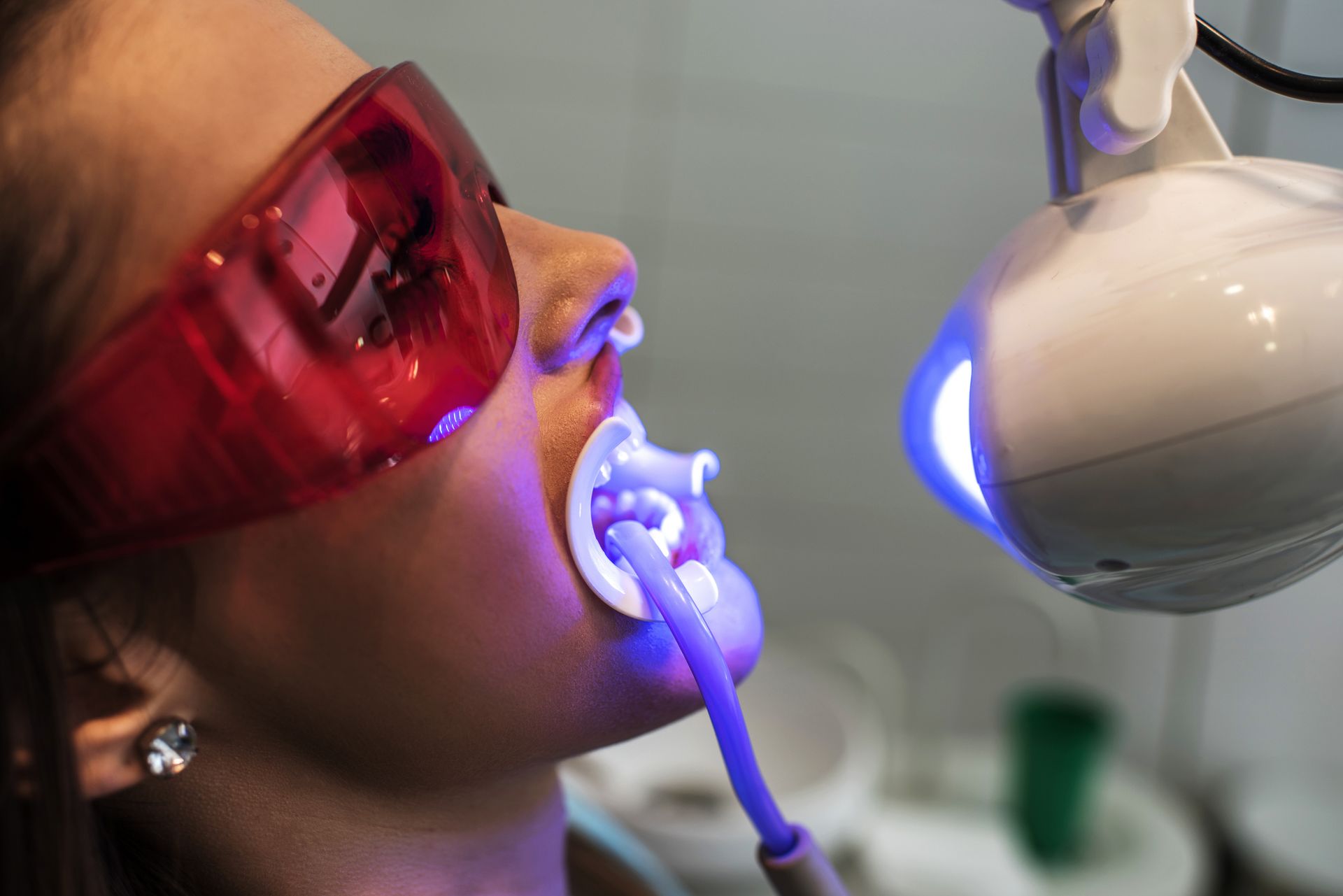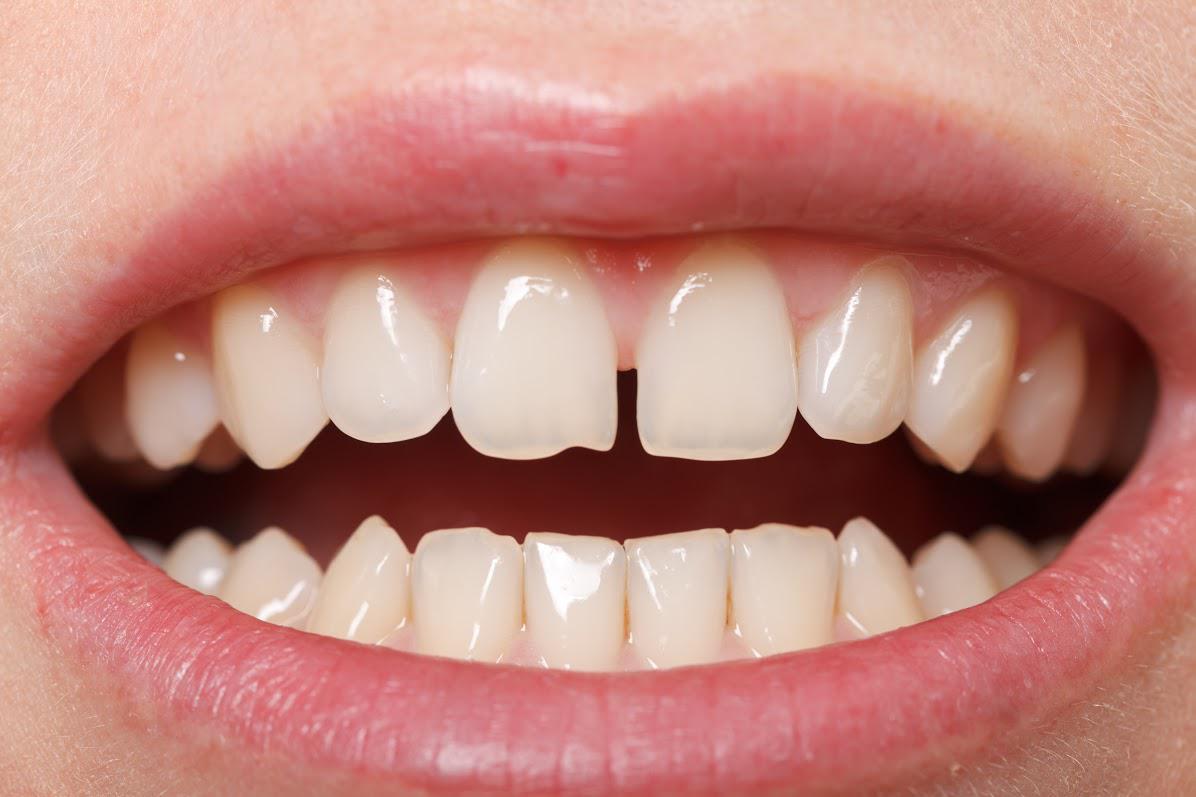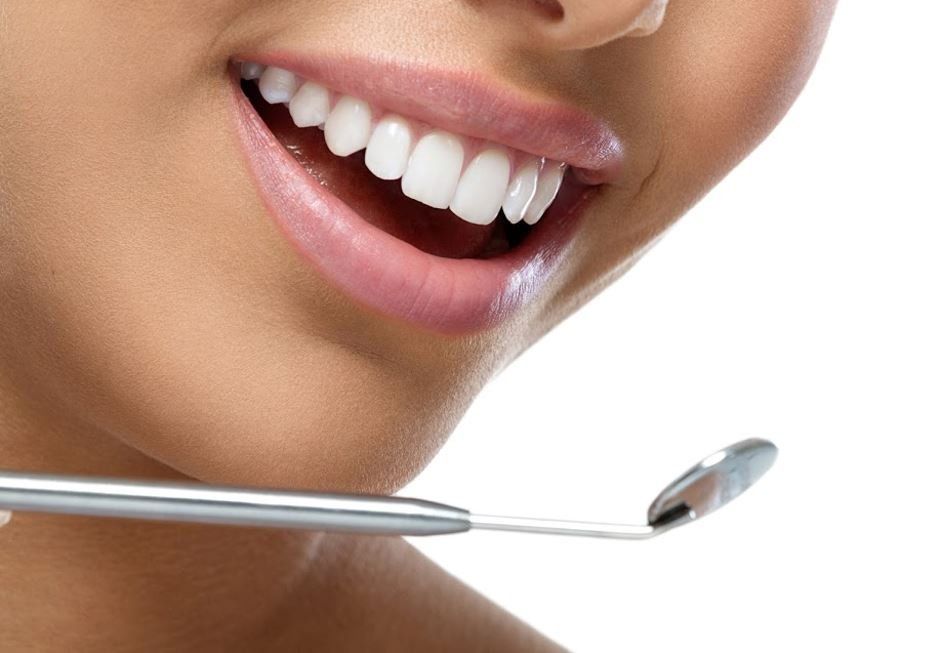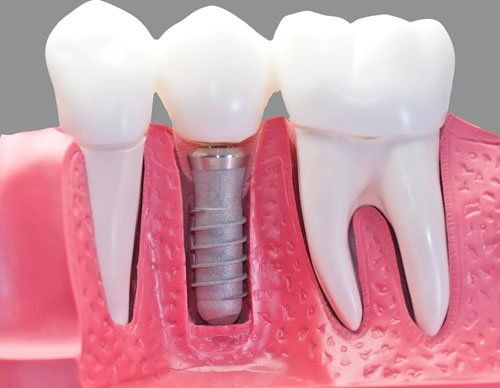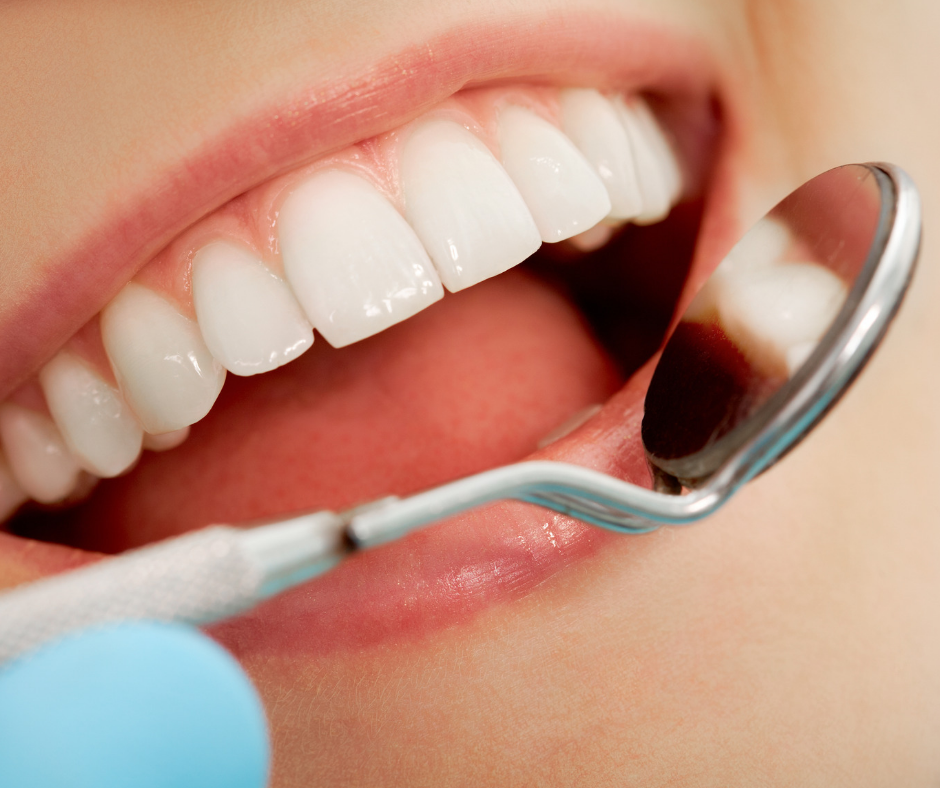What to Expect When You Need a Root Canal
Root canal treatment, sometimes just called a root canal, is a treatment for teeth that are infected or severely damaged. During a root canal, an endodontist will remove the inner layers of your tooth, including the pulp, roots, and nerves. They will then fill the empty space in your tooth with a material similar to rubber. If you've never had a root canal before, here are four things you should know.
You May Need Additional Treatment
If you're lucky, your dentist will discover that you need a root canal by looking at your dental x-rays before your tooth starts hurting. Unfortunately, sometimes the first sign of trouble is severe pain. If your teeth are sensitive to heat and cold, and you experience tooth pain that persists even after taking over-the-counter painkillers, you probably have an infected tooth.
When your tooth is infected, the pulp inside your tooth is abscessed. This can lead to severe pain, and, left untreated, the infection can spread and lead to swelling. In some cases, a root canal alone is not enough to treat a tooth infection. If your infection is particularly bad, your endodontist might manually drain it by making a small cut in your gums before performing your root canal.
You Will Need to See a Root Canal Specialist
Root canals are a common procedure, but most dentists don't perform many of them on a routine basis. If you want the best care, seek an endodontist who specializes in treating patients with concerns like yours. An endodontist will be able to identify and treat each of your tooth's root canals, which will save you the pain and cost of another treatment.
While root canals may have been painful in the past, advancements in dentistry mean they don't have to hurt. Your endodontist will expertly numb your mouth using the proper dosage of anesthetic so you won't feel any pain during your treatment. When performed correctly, 90% of root canal treatments are a success.
You Will Need to Finish Your Antibiotics
Your dentist may prescribe you antibiotics after your root canal. This will clear up any lingering infection as well as prevent a new infection from forming. Make sure you take all your antibiotics according to the instructions on your prescription, even if your tooth feels fine. Failure to finish your antibiotics will likely kill the weakest bacteria, leaving stronger ones behind, which might lead to reinfection.
You Will Visit Your Dentist for a Dental Crown
After your root canal, you will likely need a dental crown to protect your tooth from damage. Teeth that have undergone root canal therapy are often more fragile than other teeth. At your first appointment, your dentist will take a mold of your treated tooth to ensure your dental crown fits. The dentist will also choose a color for the crown that will match the rest of your teeth.
Until your dental crown is complete, your dentist will install a temporary crown over your tooth to protect it from damage. Avoid eating anything that might pull your temporary crown free, since it doesn’t have permanent adhesive. Once your permanent crown is ready, your dentist will place it in your mouth and ensure it fits. They will make any adjustments before attaching it permanently.
If you have experienced tooth pain and believe you need a root canal, don't hesitate to call our dentist today. We can examine your teeth and diagnose the source of your pain. Once your root canal is complete, Gregory S Rutherford, DDS, PA , will create the perfect dental crown to protect your tooth. Our practice specializes in prosthodontic dentistry, and we can help your smile look good as new.


